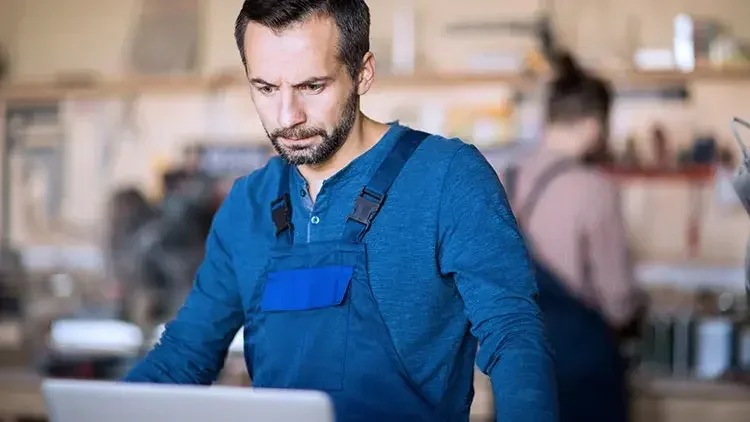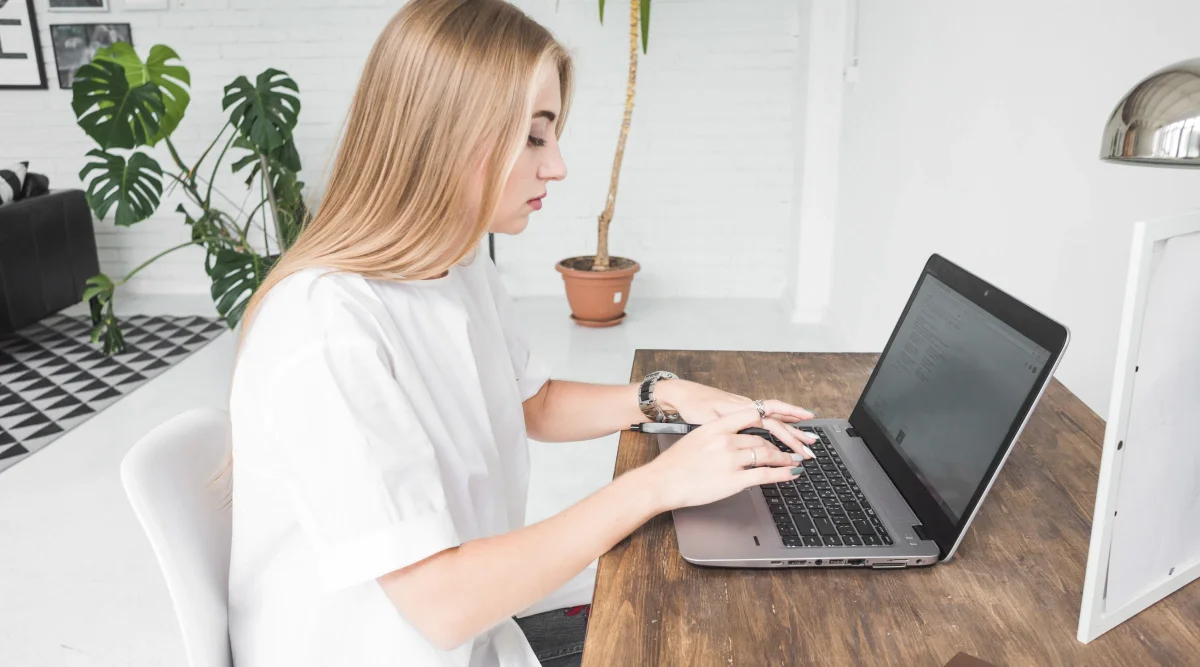Should you expect a second small business shutdown due to the COVID-19 pandemic?
It depends on whom you ask, but Robert Redfield, MD, director of the Centers for Disease Control and Prevention, is concerned that trouble's ahead.
In a 2020 video interview with WebMD, Redfield said that, with COVID-19 still prevalent during the traditional flu season, this could be the "worst fall" the U.S. has ever seen.
That's why many small businesses are anticipating another serious disruption to their operations. Here's what some are doing to reduce the type of trauma they experienced during the first shutdown.

Learning from the first shutdown
Companies that were caught off guard during the first wave are vowing "never again." They're reviewing what they learned from that experience and using it to plan for the next one.
As business brokerage Hilton Smythe evaluates how well the firm navigated the country's first full lockdown, CEO Gareth Smyth is soliciting employee input, as well. "We actively asked for feedback and opinions from our employees and have encouraged them to play a part in developing our strategy moving forward," he says.
After wellness products manufacturer NuLeaf Naturals experienced a distribution-chain disruption the first time, the company knew it needed to minimize future problems.
"We are ramping up our e-commerce game so that we can sustain sales even if many of our retailers close during the lockdown," says Ian Kelly, NuLeaf's vice president of operations.
Keeping workers remote
Concerned about employee welfare in an ever-changing environment, some businesses still haven't returned employees to the workplace—and won't for a while.
At training company Shapiro Negotiations Institute (SNI), both office workers and trainers who normally travel to client sites will continue to work from home indefinitely. For now, the company is offering only virtual training, even though that means turning down opportunities to present in-person in regions where the COVID-19 infection rate is low.
"We feel that while we do somewhat limit ourselves, it is not only worth it to protect our team but, by having this mindset, we can continue to improve our online offerings," says Andres Lares, SNI's managing partner.
Understanding customer behavior
To keep staff employed as the situation has evolved in recent months, digital marketing agency 201 Creative LLC has been analyzing changing consumer behaviors and using what it discovers to serve clients better. That work will continue if a second shutdown occurs.
By leveraging tools such as Google Trends to identify what people are searching for, the firm is helping clients adapt their products and services to the current marketplace.
For example, using this approach for a local church, the agency discovered that "online sermon" spiked during the first lockdown. "In anticipation of a second shutdown, we've been working with this church to publish all of its sermons online," says Jared Bauman, CEO of 201 Creative.
Staff at health products retail and review site Discuss Diets noticed that customers' health needs changed during the first shutdown when they were confined to home. The company is using that information to create an offshoot that will allow users to get customized suggestions.
"We will essentially guide our customers through the process of setting up a health and wellness routine for their continued quarantine," says Rex Freiberger, Discuss Diets' CEO.
Tightening budgets and spending
You might have reduced spending during the first go-round, but eased up a bit when the situation improved. The potential for a second shutdown of small businesses means it's time to review finances again to identify what you can cut as well as where you should keep spending.
Small business lender Clarify Capital is spending less on image advertising to focus on measurable inbound marketing tactics. "Being able to objectively measure the success of our marketing efforts is critical during a time of economic uncertainty," says Nishank Khanna, Clarify Capital's chief marketing officer.
David Garcia, CEO of background check company ScoutLogic, keeps a close watch on receivables, determines which investments the company needs rather than wants, and ensures the firm has a line of credit for any short-term cash issues.
"We have been growing and don't want to dial back any of the investments that are driving our success," Garcia says.
By learning from their experiences the first time and using that information to plan for the future, companies are optimistic that a second shutdown will be less stressful than the first.

